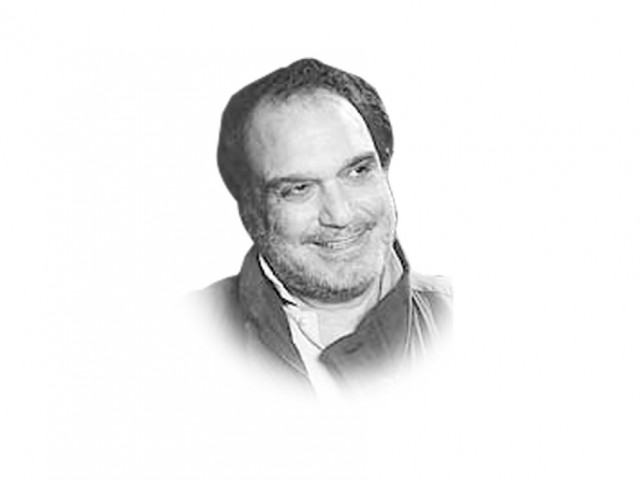People are always wrong!
In today’s democracy, people are dangerous elements, even their representatives have to be muffled.

What about the status of people in democracy? The most pat answer is that people are sovereign and therefore their representative organ, the parliament, is sovereign. Whatever the parliament says should, therefore, become an obligation of the government and the state. One view is that whatever the people say should be accepted as an edict of the state under democracy.
Democracy as handed down to us in the 20th century had completed a number of evolutionary phases that Third World societies had not experienced. The slogan ‘rule of the people by the people’ became misleading because it omitted the ‘indirection’ of democracy in our times. Actually, it is not the people who rule but their elected representatives. The truth is that people don’t rule at all. And their elected representatives can rule only as long as they can maintain a majority in parliament.
The European experience includes the fear of elected government. Most European states have democracy based on proportional representation. This means a weak government and no revolutionary policy departures. The thinkers behind this conservatism about radical change were Aristotle, Montesquieu and Burke. In the US, a ‘strong executive’ was avoided through Congress and especially through the Senate which was not directly elected in the beginning. Why this fear of the people and their elected government?
The Greek city state was the true model of people as rulers. This was direct democracy that philosophers like Plato and Aristotle hated. Under the Roman Empire, fear of the people moved Cicero to recommend ‘indirect’ democracy. The assembly was supplemented by a ‘selected’ Senate where people sat for life and safeguarded the state from the ‘extremism’ of the people. The Roman Senate handled foreign policy so that it could be based on opportunism rather than on public passion.
For American founders like Hamilton and Madison, even indirect democracy was scary. The directly elected House of Representatives was to have politicians in it only for two years so that they could be busy getting elected rather than rashly driving the state. And the Senate, first indirectly elected, would have members with a six-year tenure compared to the Roman practice of life membership. Madison feared small states in the union because they might repeat the scary ‘democracy’ of Athens with people taking emotional decisions affecting state behaviour.
Referendums are the only throwback to early ‘people’s rule’. The West avoids referendums but whenever it resorts to them after being deadlocked politically — as in the European Union — the results are disastrous. In Pakistan, referendums have been a minor calamity. In today’s democracy, the people are the dangerous element. Even their representatives have to be muffled in their populist extremism through ‘researchers and analysts’ attached to them.
This scary aspect is called populism. The national economy balks at it more readily because there is a state bank run not by people but by experts. The parliament may pass resolutions that reflect popular feeling but are unpractical by reason of being divorced from reality. Sovereignty in foreign affairs is a myth and is easily proven. Sovereignty of the people in internal affairs is equally dangerous, if not fatal.
The undoing of Pakistan will come if the state implements the 2008 and 2011 ‘unanimous’ resolutions of the parliament touching Pakistan’s foreign policy. Pakistani politicians should stop saying Pakistani people are wise. All human development indices say Pakistan’s population is the most backward in South Asia.
Published in The Express Tribune, June 26th, 2011.















COMMENTS
Comments are moderated and generally will be posted if they are on-topic and not abusive.
For more information, please see our Comments FAQ